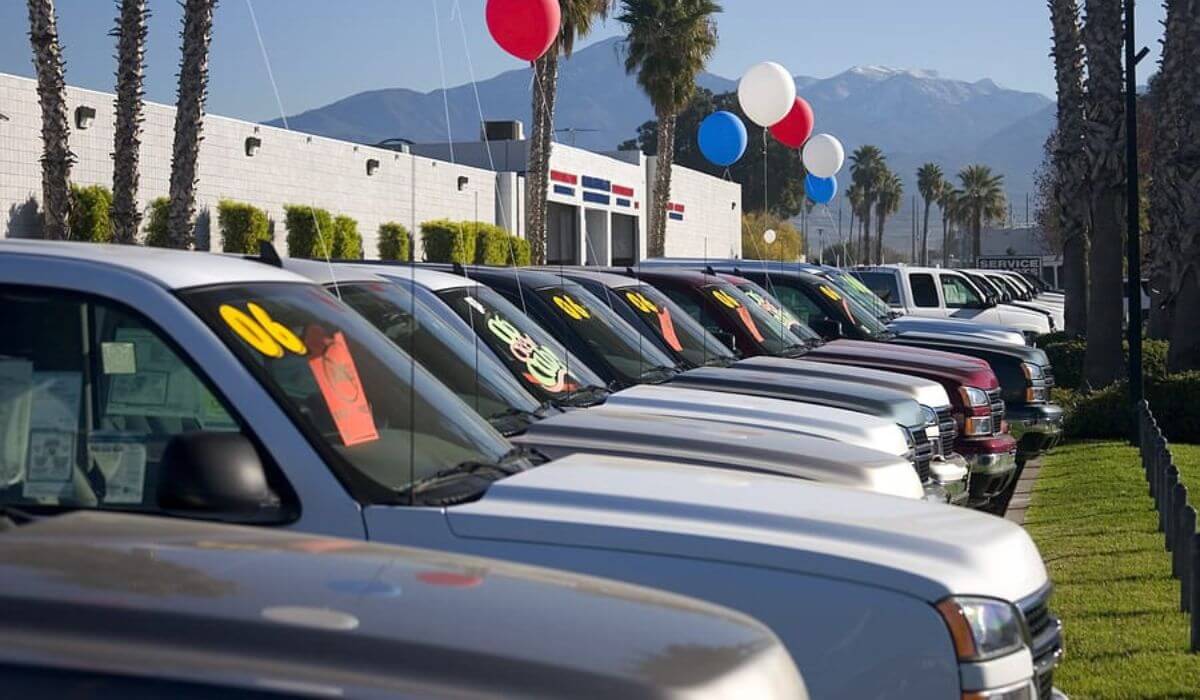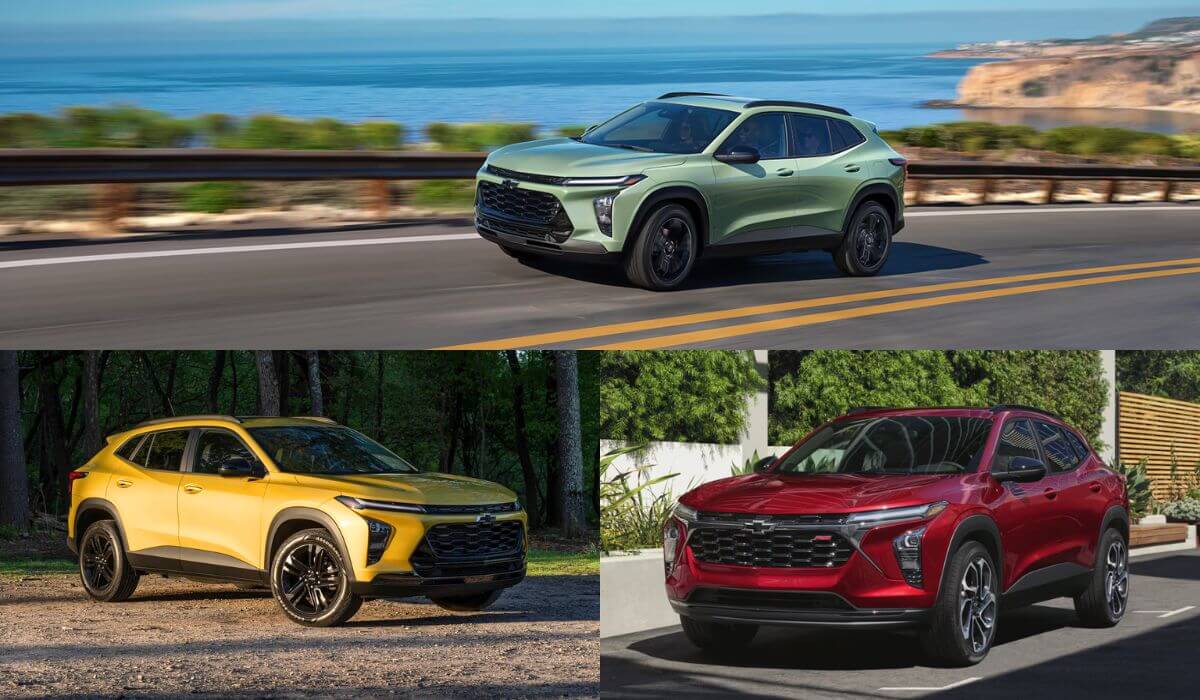Buying a pre-owned vehicle can be a smart financial decision. Many drivers look for ways to protect their investment, which is why pre-owned vehicle extended warranties often come into consideration early in the buying process.
These warranties promise peace of mind by covering repair costs for unexpected mechanical failures. Yet deciding if an extended warranty is a wise choice requires careful thought about your driving habits, budget, and the reliability of the vehicle you are purchasing.
Examining Pre-Owned Vehicle Extended Warranties
An extended warranty, sometimes referred to as a vehicle service contract, extends the coverage of standard manufacturer warranties. For a pre-owned vehicle, this coverage can range from powertrain components to broader mechanical systems.
The cost differs based on the make, model, age, and mileage of the car. Some plans cover routine repairs, while others focus on major components. Knowing what is included and excluded is imperative before committing.
While these warranties can reduce the financial shock of unexpected repairs, they are not a replacement for regular maintenance. Owners who carefully maintain their vehicles may experience fewer breakdowns, which can influence the value of purchasing extended coverage.
Drivers with older vehicles or those with higher mileage might find that the potential repair costs make pre-owned vehicles an appealing option.
What to Consider Before Purchasing
Before deciding on an extended warranty, it is important to assess the condition and history of the vehicle. Reviewing maintenance records, previous accidents, and the reputation of the manufacturer can reveal potential weaknesses.
Some cars have higher repair costs due to complex engineering or expensive parts. Weighing these issues can help determine if paying for extended coverage is worthwhile.
The seller plays a part in this process. A reputable used car dealer will provide full disclosure of the vehicle’s condition and history. They may also offer options for extended coverage directly or partner with trusted providers.
Working with a reliable dealer reduces the risk of buying a car with hidden issues and makes the decision to purchase a warranty more informed.
Budget considerations are equally important. Extended warranties vary in price, and some require deductibles for certain repairs. Buyers should weigh the cost of the warranty against potential repair expenses over the ownership period.
If you plan to finance your vehicle purchase, it may be possible to roll the cost of a warranty into the loan, though this increases the total amount financed and can affect monthly payments.
Types of Coverage Available
Extended warranties come in various levels. Basic coverage often includes the engine, transmission, and drivetrain, which are among the most expensive repairs.
Complete plans may cover electrical systems, air conditioning, and other components. Some plans even offer roadside assistance or rental reimbursement during repairs.
Identifying what each plan covers and excludes is necessary. Many warranties do not cover normal wear and tear, routine maintenance, or damage from accidents.
Pre-owned vehicles with remaining manufacturer warranties may benefit from supplemental coverage that fills in gaps, providing added protection for older systems that are no longer under the original warranty.
Pros and Cons of Extended Warranties
One major advantage of extended warranties is financial predictability. Repair bills can be costly, and a warranty shifts the financial responsibility from the owner to the warranty provider.
This predictability can be particularly appealing for owners of luxury or imported vehicles, where repairs tend to be more expensive.
On the other hand, not all extended warranties deliver equal value. Some contracts include exclusions that leave owners paying for repairs anyway.
Others carry high upfront costs that may exceed the potential benefit. Careful review of contract terms and consulting independent sources can help determine if the plan is worth the investment.
How Vehicle Age and Mileage Affect Value
Older vehicles and those with higher mileage often present a higher risk of mechanical issues. Extended warranties for these cars may be more expensive, but the potential savings on repairs can justify the cost.
In contrast, newer pre-owned vehicles with low mileage may experience fewer issues, making a warranty less important.
The type of driving also influences the potential benefit. Drivers who frequently commute long distances or travel in areas where repair services are costly may find greater value in coverage.
Conversely, drivers with light usage in urban areas may encounter fewer repair needs and might choose to save the money spent on a warranty for future maintenance costs.
Making the Decision
Deciding whether to purchase a warranty requires evaluating both the vehicle and personal risk tolerance. Owners who prefer peace of mind and protection from sudden expenses may find extended coverage reassuring.
Others who are willing to handle repairs as they arise might choose to allocate funds for routine maintenance instead.
It is also wise to compare multiple warranty providers. Reputation, customer service, and coverage details vary widely. Researching reviews and verifying credentials can prevent unpleasant surprises later.
A smart choice balances cost, coverage, and confidence in the vehicle’s reliability.
When Extended Warranties Add Value
Extended warranties are most valuable when there is a distinct chance of expensive repairs. Vehicles with a history of high maintenance costs or complex systems benefit from additional protection. For drivers who plan to keep a pre-owned vehicle for several years, a warranty can act as a safety net.
Warranties can boost resale value. A transferable extended warranty may appeal to buyers when you decide to sell your car, offering peace of mind that mechanical issues are covered even after ownership changes.
This can make your vehicle more attractive in a competitive used car market and may result in a higher selling price.
Alternative Strategies
Some vehicle owners choose to self-insure by setting aside funds for repairs instead of purchasing a warranty. This approach can work for individuals with mechanical knowledge or access to affordable repair services.
Others may combine limited warranty coverage with careful maintenance to strike a balance between cost and protection.
For buyers financing a vehicle, factoring the potential warranty cost into the loan can spread payments over time. It is important to calculate how this affects total loan interest and monthly obligations.
Comparing the projected repair costs against the warranty price helps determine if financing the coverage is financially sound.
Deciding If Extended Coverage Fits Your Journey
Extended warranties are not a one-size-fits-all solution. They can offer peace of mind, especially for higher-risk vehicles or owners looking for financial predictability. Knowing the terms, coverage limits, and potential benefits allows buyers to make a decision specific to their situation.
Working with a reputable used car dealer and reviewing options carefully helps ensure the choice lines up with both budget and driving needs.
For those who plan to maintain their vehicle meticulously or who have lower-risk models, skipping the extended warranty may free funds for routine upkeep and improvements. Drivers intending to finance your vehicle purchase or hold the car for several years may find the added security worthwhile.
In the end, the value of pre-owned vehicle extended warranties comes down to educated decision-making and a clear assessment of personal priorities.
Note: This article is provided by “CarTimeAuto“ and published by our team. We are not responsible for the accuracy of the information provided.




